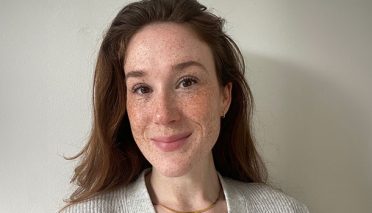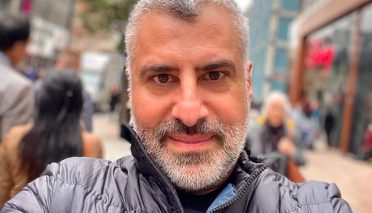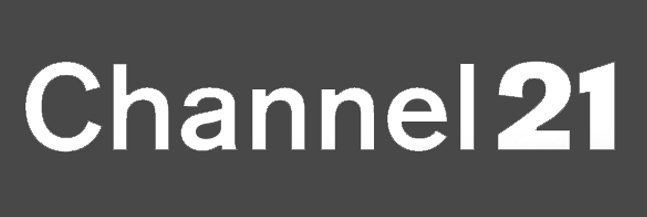French animation executive Corinne Kouper sets out the initiatives she has been working on to help increase diversity and inclusion in the animation industry.
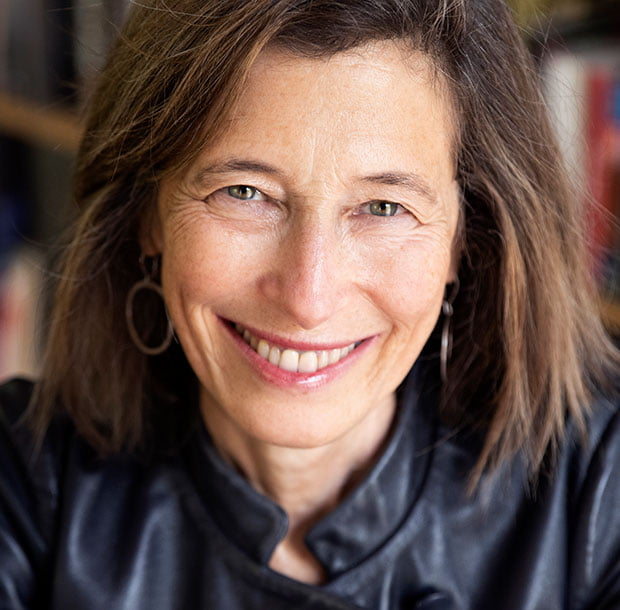
Corinne Kouper
Having co-founded France’s version of Women in Animation, Les Femmes s’Animent, in 2015, Corinne Kouper has since been taking steps to help improve diversity and inclusion in the animation industry.
In addition, as co-founder of French children’s prodco TeamTO, where she is also senior VP of development and production, Kouper sits on the board of the studio’s non-profit free animation school L’ECAS, which was established in 2018 to provide training to budding animators. The aim is to give opportunities to a diverse pool of students who might otherwise not have access to an elite educational programme.
“There has been a very noticeable change in the way our industry approaches this subject [diversity and inclusion],” Kouper says. “The obligation of broadcasters to be inclusive and culturally sensitive is stronger and more defined than ever, which encourages and in some cases forces producers to comply. One look at broadcasters and studios’ slates, executives and creative teams tells you that there has been a lot of progress.”
Kouper highlights TeamTO’s latest series Jade Armor, which premieres on France Télévisions, Super RTL, Cartoon Network and HBO Max later this year, as an example of that progress. Featuring a female teen hero and set in a fantastical Asian city, the series has an almost all-female creative team, Asian writers, cultural consultants, martial arts experts, a mostly non-white voice cast and a French-Cambodian co-director who is a former kung fu champion.
Despite efforts to make the series as authentic as possible, Kouper admits that production of Jade Armor did expose an area still in need of improvement.
“Even though we ended up with an extremely diverse, talented cast, it was not easy to find all the non-white voice actors required for this series,” she says, adding that this has led L’ECAS to introduce a new course on dubbing.
L’ECAS has so far conducted four courses on character animation and one on storyboarding, with all students selected by talent alone. Over 90% of the pupils go on to work at TeamTO after graduating.
“Selection on a talent basis has not only allowed for a very diverse student body, but also one with huge potential. The school is entirely filled with scholarship students who have arrived there solely because of their outstanding talent, which makes for a very high standard in the workforce it creates,” Kouper says.
“All of our curriculum and information is open-source and available to share with whoever wants to emulate the system in other countries,” the exec continues, adding that L’ECAS is currently in discussions with “several studios.”
Meanwhile, Les Femmes s’Animent last year launched Parcours de Femmes (A Woman’s Journey), a mentorship programme for women from France and Africa who do not have access to the animation industry.
The aim was to help six female author/director teams to develop short films that they will pitch for the first time at Annecy next month. Three of the teams come from France (Aquitaine, Reunion and Lyon), with the remaining three from Africa (Benin, Gabon/Niger and Ivory Coast).
The six teams were encouraged to explore the foundations of feminist education, how a more egalitarian society can be created and how relationships between men and women can evolve.
“All of them, especially the African ones, are very much influenced by the cultural world of their creators, so part of the mentors’ role was to help them find an international dimension,” Kouper says.
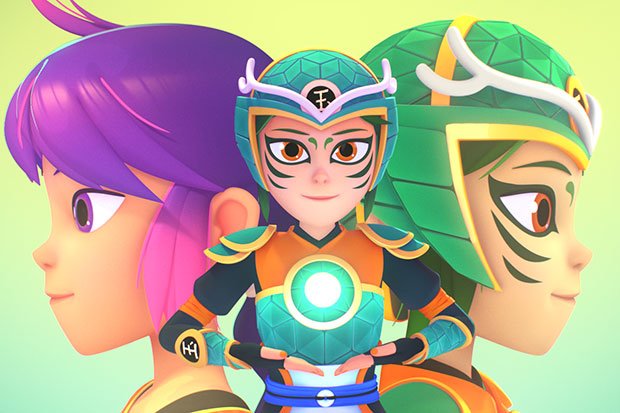
TeamTO’s latest series Jade Armor will debut later this year
Parcours de Femmes’ official sponsors include Netflix, Canal+, France Télévisions and Newen, which help finance the programme. But Kouper says the importance of their role goes beyond just funding.
“On a social level, it is much more important. It shows there are real material shifts in the way the industry is looking at the need for and importance of diversity. Companies and individuals on both sides of the screen and government organisations are materially committing to changing the status quo in concrete ways, with results that are tangible and exciting,” she says.
As Annecy approaches and the six teams prepare to pitch their projects, Kouper is looking beyond the event and hopes to be able to continue Parcours de Femmes into a second year.
“Everything depends on the success of the programme, but so far the signs are good,” she says. “Last year around 50 projects were submitted which were very hard to choose from and that already indicates that there is great interest and potential for the mentorship programme.
“Of course we have to see what the response is at Annecy this year, when the final film projects are presented to the industry. We are optimistic the results will merit continuing the programme again this year.”
The animation industry is undergoing considerable change, which Kouper has followed closely in her 28 years working in the sector. And as the medium evolves, she is confident of a strong future.
“Every day has the potential for someone to bring us an unexpected, surprising idea for a show. Anything could be the start of a new story, which sometimes is a bit crazy and overwhelming, but so satisfying in the end,” she says.
“I hope the animation industry model in France will continue; we have so many exceptional independent producers developing amazing shows. I am proud to see that they are increasingly acknowledged for their outstanding work around the world.”







